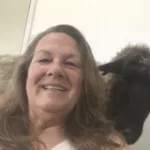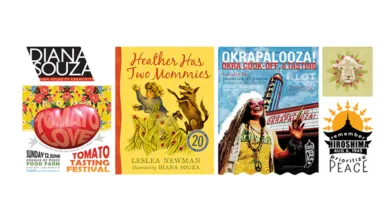Spin White Gold into Yarn
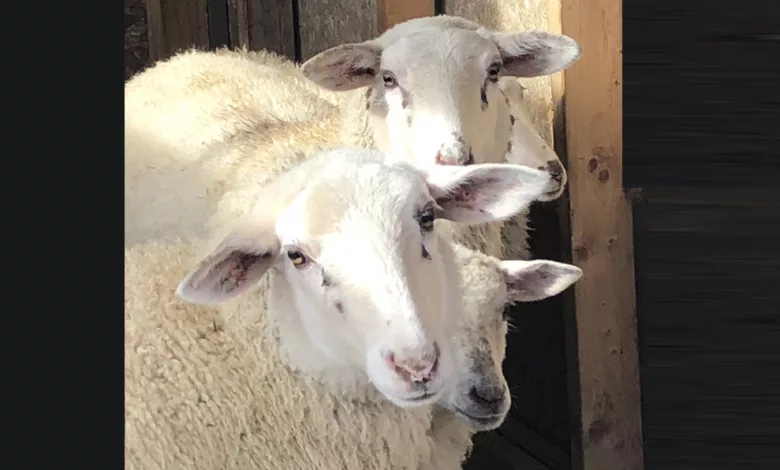
A gallon of milk weighs about 8.6 pounds, depending on whether it is whole milk (heavier) or skim (lighter). In the United States, a “hundredweight” is a unit of mass equal to 100 pounds.
The last time I checked, cow milk sells for $12.00 per hundredweight, goat milk sells for $25.00 per hundredweight, and sheep milk sells for $65.00 per hundredweight. Cows produce milk on an average of two gallons per day, while goats produce an average of 1.5 gallons per day and sheep produce an average of two quarts. Given the low production rate, sheep milk is referred to as “white gold,” with 80 sheep dairy farms in the United States.

Doe’s & Diva’s is a tiny sheep farm in Honey Creek, Iowa. We started this adventure because our daughter suffers from lactose intolerance. We purchased a goat to aid in her recovery, and the herd slowly increased until we realized we needed more outlets for all the milk!
First, we used the extra milk for soap with all-natural ingredients including essential oils from a sustainable source. Our soap produces a rich, luxurious lather, carrying vitamins and minerals from the milk and oils straight to the skin. Different traits from each essential oil provide additional benefits, while sheep milk contains a range of B vitamins to moisturize and replenish skin.
Then we expanded into lotions and lip balm, and started crafting cheese on the home stovetop for our family. In 2010, we opened a farm that operated for three years as a Grade B-certified dairy farm selling only cheese.
In 2013, we purchased our first flock of sheep and discovered the huge benefits of sheep milk. The difference was immediate — we won multiple awards for our cheese in competitions across the nation. It was love at first taste! We soon initiated the switch from goat’s milk to sheep’s milk.
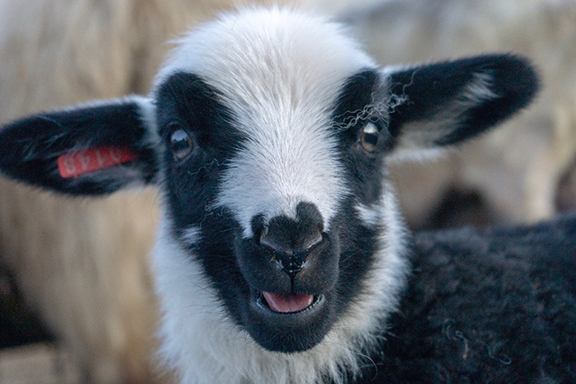
A series of personal losses in 2019 indicated it was time to scale back our operation, and suddenly retirement seemed close. We declined to purchase our dairy permits and licenses and sold most of our flock to another dairy farmer. I’ll admit, we did keep a few of our favorites.
Quite by accident, we discovered the wool sheared from our flock was considered “quality” for spinning into yarn. We sent bags of wool to a tiny mill across the state, near Mississippi, where the owner processes wool from small flocks. She returned skeins of luxurious twists of yarn so soft they beg to be picked up. After focusing on milk and cheese for so many years, it was stunning to realize that processed yarn feels like cuddling a lamb.
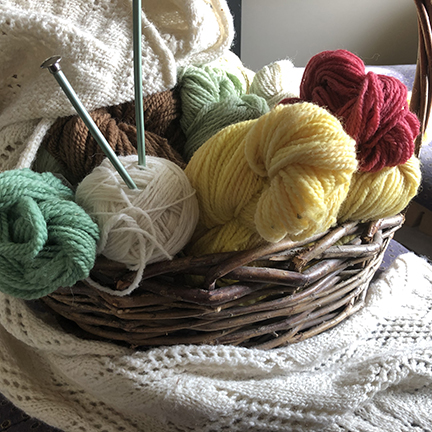
We have sold yarn on our website and in our farm store ever since. Last year, we started to dye the yarn with plants. Some of the material, like logwood and chips, is purchased while other material comes right from the farm, like walnuts and elderberries. Each small batch produces delightful colors, all from our flock and our farm.
Now no longer tied to milking six hours a day for cheese production, we are happy to spin our white gold into yarn!


